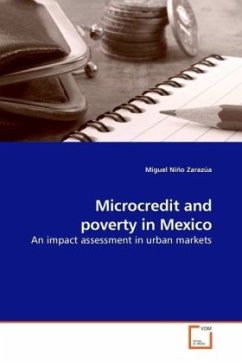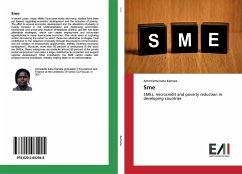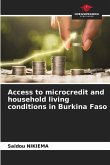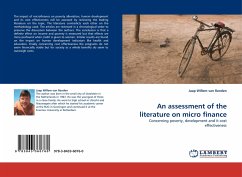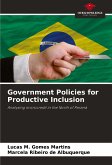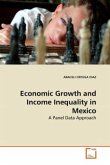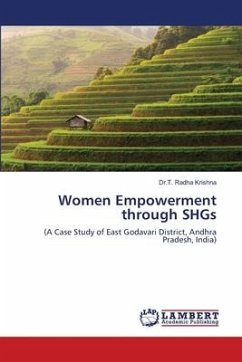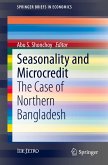Mexico has undergone a major reform in financial markets that transformed the system from financial repression to financial liberalisation and yet, many enterprising households, particularly at the bottom- end of the income distribution, remain excluded from institutional financing. In 2001, the Mexican government launched the National Programme for Financing the Microentrepreneur aimed at expanding access of poor households to credit. The intervention was based on the proposition that the impacts of microcredit on poverty and well-being are positive and significant. In this book, such a proposition is tested in the context of urban poverty Mexico. Although microcredit is found to have positive impacts on income poverty, the magnitude of the impacts is marginal and only significant among the moderate poor and non-poor. The empirical evidence suggests that rigid screening, incentive and enforcement devices exploited by microcredit programmes generate a significant utility cost to the borrower that undermines potential (and desirable) poverty impacts. The book concludes with reflections on the policy implications.
Bitte wählen Sie Ihr Anliegen aus.
Rechnungen
Retourenschein anfordern
Bestellstatus
Storno

